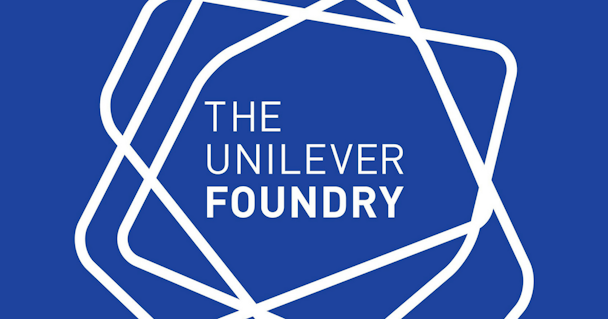Unilever Foundry boss outlines ambition for expansion into Ireland
Unilever Foundry, the FMCG giant’s startup incubator, is to expand into Ireland to harness the opportunities afforded by the young population and growing community of startups cropping up in the country’s capital of Dublin.

Foundry head Jonathan Hammond has praised Ireland's burgeoning tech scene
Foundry head Jonathan Hammond has put the move down to the market’s burgeoning tech scene, pointing towards the fact that, according to Eurostat, 40% of the Irish population are under the age of 30.
“This is a whole generation that is embracing and engaging with new technologies. It’s a great area for us to test and understand how things work before we look to scale them throughout the UK and globally," he told The Drum.
Dublin’s tech market is worth $2.8bn, while it’s unsurprising startups are flocking given that some of the world’s biggest tech companies boast offices in the area – including Facebook and Twitter – it’s clearly something that Unilever Foundry wants to tap into.
Planting roots
The Irish arm of Unilever Foundry will plant its roots its Dogpatch Labs’ co-working space, Hammond believes that having a physical presence will give startups a single entry point and provides an “easier pathway” to collaboration for both parties. An additional monthly events programme in place to give small companies the opportunity to network and team up with others working within the space.
While there is an ongoing debate around the impact Britain’s exit from the EU will have on the startup industry, Unilever Foundry’s investment in the region shouldn’t be viewed as a precautionary measure against a potential London talent exodus. Hammond said this potential challenge isn’t one that comes up when Foundry is talking to startups.
“What we’re seeing in London, and the rest of the UK market, is that there is still a large amount of active startups here. I don’t think we’ll see that changing. What we know is that innovation can come from anywhere, so it's important we have these hubs in different parts of the world.”
Supporting this ethos was the choice of Singapore as a springboard for the physical co-working aspect of Foundry. The brand announced the move in February, saying the project was a collaboration with innovation catalyst Padang&Co, with support coming from the Economic Development Board, a part of the Singapore Government.
Hammond continued: "I think our partnership [in Dublin] is not about saying there is a shift but about how can we make sure that we’re captains of this growing community of startups coming out of Ireland."
Scaling innovation
Unilever launched its Foundry business three years ago, and since then Hammond claims that the platform has launched over 100 pilots with startups, roughly 50 of which have been scaled based on metrics around effectiveness, efficiency and sustainability.
In the UK the company has worked with Guardian-backed UCG startup Vidsy on a social push for Cornetto, while in the US San Francisco-based Discuss.io, developed a proposition around marketing intelligence for the brand which has been rolled out in over 20 countries and in 14 languages.
Unilever Foundry's investment in Ireland comes amid wider cost-cutting measures from the brand to improve efficiency. The FMCG company sees Foundry as a way to establish "effective" solutions to address the needs of its 400-something brand portfolio.
While Unilever itself has increased its business marketing investment by an additional $12bn since 2008 with plans to invest around $30bn over the next four years, it also plans to run 30% fewer ads as part of an efficiency drive. The firm also intends to reduce the number of agencies it has, which currently sits at around 3000, in half.
However, investment into marketing technology piloted and scaled by Foundry hasn't affected Unilever's relationship with agencies.
"Agencies are still a really crucial and important part of the system for Unilever," Hammond asserted, adding that Unilever Foundry's role was to ensure that the technology it brings to life was implemented in broader marketing campaigns and strategy. "So there's a role to play for both these parties," he assured.

